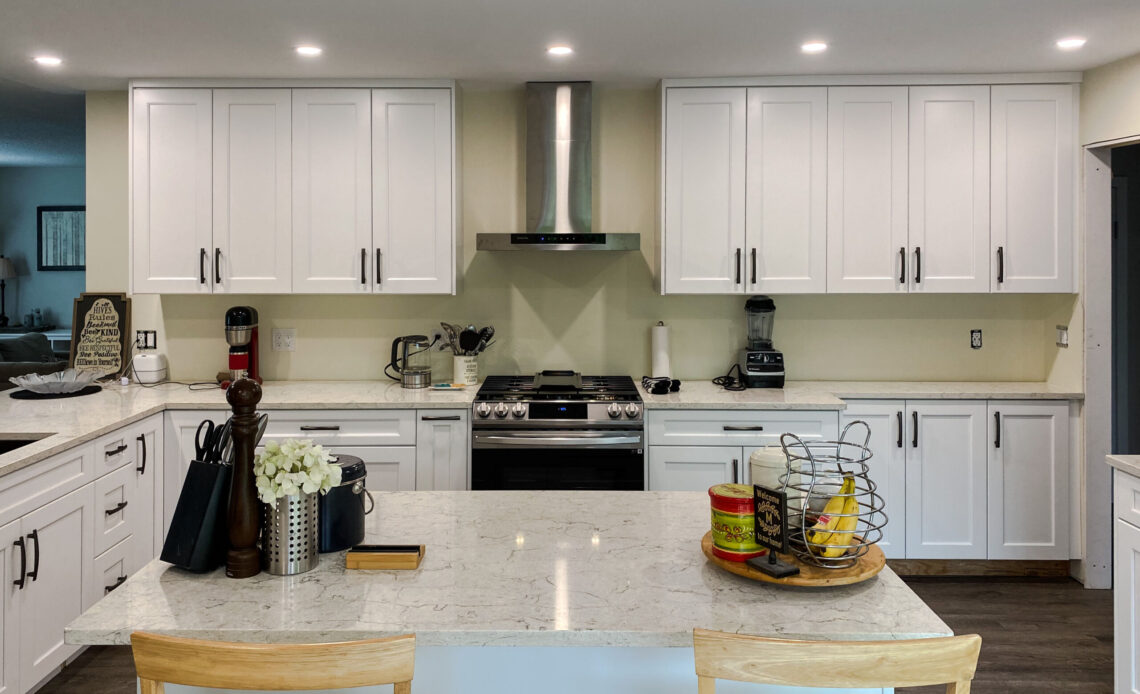Kitchen countertops are one of the most frequently used surfaces in any home. From meal prep and family gatherings to casual coffee breaks, they endure daily wear and tear that can affect their appearance and functionality over time. Whether you’ve recently upgraded to premium surfaces or want to get more life out of your current ones, proper maintenance is key to long-lasting beauty and performance.
For those with high-quality materials like Viatera kitchen counters, following a simple care routine can help preserve their strength and visual appeal for years to come. Here’s a comprehensive guide to protecting and maintaining your kitchen counters—no matter the material.
1. Know Your Countertop Material
Different countertop surfaces have different care requirements. Quartz, granite, marble, laminate, and wood all respond differently to cleaning agents, heat, and moisture. Understanding what your counters are made of helps you avoid damaging them with the wrong products or techniques.
2. Daily Cleaning Tips
- Wipe spills immediately to prevent stains, especially from acidic foods like lemon juice, tomato sauce, or vinegar.
- Use a soft cloth or sponge with mild dish soap and warm water for daily cleaning.
- Avoid abrasive pads, bleach, or harsh chemicals, which can damage the surface or leave residue.
- For tougher stains, use a gentle, non-abrasive cleaner specifically designed for quartz or your countertop material.
3. Protect Against Heat and Impact
Even durable counters can be affected by extreme conditions. To prevent thermal damage or cracking:
- Always use trivets or heat pads under hot pots, pans, and appliances.
- Avoid placing slow cookers, air fryers, or electric griddles directly on the surface for extended periods.
- Be cautious with heavy objects—dropping a cast iron skillet or glass dish can cause chips or cracks.
4. Prevent Scratches and Surface Damage
- While quartz like Viatera is scratch-resistant, it’s not scratch-proof. Always use cutting boards—never cut directly on the counter.
- Avoid dragging rough or heavy items across the surface, such as ceramic planters or cast iron cookware.
- For counters with a polished or matte finish, keep them looking new by wiping with a microfiber cloth to remove smudges and fingerprints.
5. Avoid Harsh Chemicals and DIY Cleaners
Some household cleaning products contain solvents, ammonia, or high-acid ingredients that can damage sealants or react poorly with engineered stone. Avoid:
- Drain cleaners
- Oven cleaners
- Industrial solvents
- Vinegar or lemon-based cleaning solutions (on some stone surfaces)
6. Seasonal Deep Cleaning and Maintenance
While daily upkeep keeps your counters looking fresh, a quarterly deep clean can help maintain their finish and prevent long-term staining:
- Clear the counter and clean thoroughly with a quartz-safe degreaser.
- Inspect for any damage or staining and spot-treat as needed.
- Reorganize kitchen items to avoid leaving heavy objects in one area for too long.
7. Long-Term Tips for Countertop Longevity
- Limit exposure to direct sunlight, as UV rays can cause fading in some materials over time.
- Keep an eye on edges and corners—these areas are more prone to chips and impact.
- Avoid installing or placing appliances that produce a lot of heat directly next to seams or vulnerable joints.
Conclusion
Your countertops are a central part of your kitchen’s look and functionality. With the right maintenance practices, they can remain beautiful, resilient, and hygienic for many years to come.

